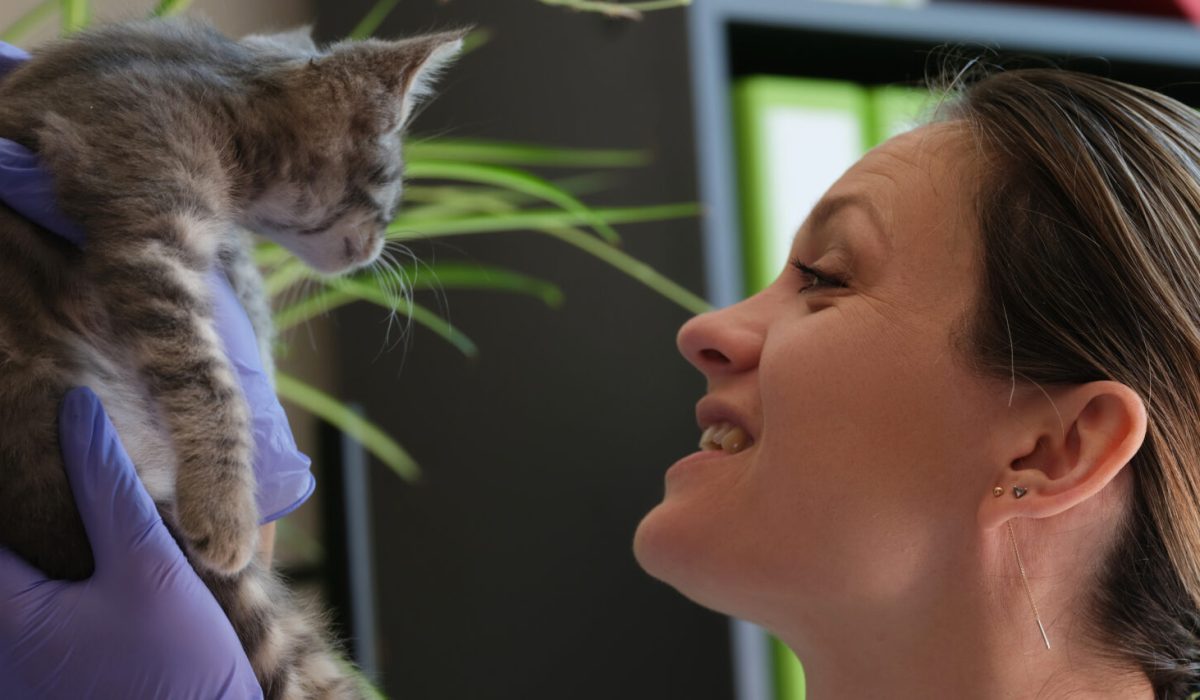Building a strong bond with a rescued cat requires patience, understanding, and dedication. This journey of trust-building creates an unbreakable connection between you and your new companion, leading to a lifetime of mutual love and respect.
Understanding Your Cat’s Past
Every rescued cat brings their own history:
- Previous experiences shape behavior
- Trust issues may need addressing
- Patience is essential for healing
- Progress happens at their pace
- Each story is unique
Creating a Safe Environment
The foundation of trust begins with security:
Physical Safety
- Designated quiet spaces
- Multiple escape routes
- Elevated resting areas
- Covered hiding spots
- Secure perimeters
Emotional Security
- Consistent routines
- Predictable interactions
- Respectful boundaries
- Gentle approaches
- Calm environment
The Language of Trust
Learning to communicate effectively:
Body Language Basics
- Slow blinks mean affection
- Tail positions show mood
- Ear positions indicate comfort
- Purring signals contentment
- Whiskers express emotion
Your Response Matters
- Gentle voice tones
- Calm movements
- Appropriate distance
- Positive reinforcement
- Consistent reactions
Building Bridges Through Food
Food becomes a powerful bonding tool:
Feeding Rituals
- Regular schedules
- Special treats
- Hand feeding
- Positive associations
- Quality time
Progressive Steps
- Closer proximity
- Interactive feeding
- Trust exercises
- Reward systems
- Bonding moments
The Power of Play
Play strengthens relationships through:
Interactive Sessions
- Wand toys
- Laser pointers
- Ball games
- Hide and seek
- Gentle chase
Reading Signals
- Energy levels
- Interest indicators
- Overstimulation signs
- Play preferences
- Rest needs
Touch and Connection
Developing physical trust:
Starting Small
- Respecting space
- Following their lead
- Brief contacts
- Gentle approaches
- Positive associations
Progressive Contact
- Head scratches
- Chin rubs
- Shoulder pets
- Full body strokes
- Lap time
Overcoming Challenges
Address common trust obstacles:
Fear Responses
- Identify triggers
- Create distance
- Provide choices
- Build confidence
- Take time
Anxiety Management
- Consistent routines
- Safe spaces
- Calming aids
- Gentle exposure
- Professional support
Daily Trust Building
Small actions create strong bonds:
Regular Activities
- Quiet companionship
- Gentle conversation
- Shared spaces
- Routine care
- Quality time
Environmental Enrichment
- New toys
- Exploring together
- Window watching
- Climbing spaces
- Comfort zones
Celebrating Progress
Recognizing growth strengthens bonds:
Milestone Moments
- First purrs
- Voluntary approaches
- Lap sitting
- Sleeping nearby
- Social integration
Documentation
- Photo progress
- Behavior notes
- Special moments
- Growth patterns
- Success stories
The Long-Term Journey
Trust building continues through:
Ongoing Support
- Veterinary care
- Environmental stability
- Emotional security
- Social opportunities
- Learning together
Future Growth
- New experiences
- Skill development
- Deeper connections
- Mutual understanding
- Lasting bonds
Your dedication to building trust with your rescued cat creates a foundation for a lifetime of love and companionship. Remember that each small step forward is a victory worth celebrating, and every moment of patience brings you closer to an unbreakable bond.


